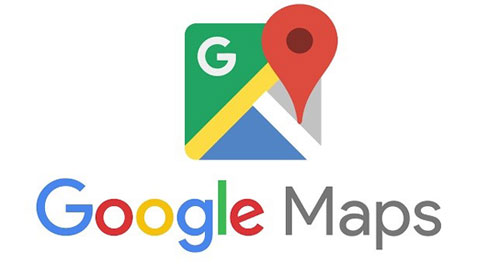Shekar Khosla is Chief Commercial Officer at Kellogg’s, Australasia and is the chair of the jury for the 2018 WARC Prize for Asian Strategy. Here, he talks about the need for positive social impact, persuasive storytelling and how the agency ecosystem is experimenting with new thinking.
Describe your day job and what its biggest challenges are right now.
My role is truly commercial and reflects the seamless, frictionless experiences that consumers and shoppers desire from brands. Internally, we have organised ourselves in a truly integrated manner: innovation, sales, marketing, media and insights all come together in our team to provide an integrated and consistent brand experience.
Is Kellogg’s changing as an organisation to accommodate those challenges?
Given that we are operating in a significant growth region, our biggest challenge is to grow in a manner that is 4G: Growth that is consistent quarter on quarter, competitive, profitable and indeed responsible towards the community and environment we operate within. So not only are we focusing on creating business growth, we also look to create positive social impact.
What are the biggest challenges facing marketers in Asia?
We live in an attention deficit world. The biggest challenge is capturing the attention of the people through branded content and experience that meets the imagination of a population, which is young, connected and aspiring. Storytelling needs to be persuasive and compelling but most importantly needs to be attention-grabbing in a brand memorable manner. New models of learning and brand engagement need to be incorporated – it’s like changing the engine while in-flight - and that’s a real challenge but also what makes working in the commercial part of the organisation really fun.
How are agencies helping them meet those challenges?
We are seeing a lot of energy coming from agencies – traditional and start-ups - but, fundamentally, the agency eco- system is experimenting with new thinking, challenging and supporting manufacturers and is fully versed with the integrated experiences that brands need. It is great to see the entire eco-system reinventing itself. Yet we cannot confuse motion with progress and this is where clients need to be apply sound judgement.
What role can strategy play in helping to meet those challenges?
Strategy can help by sharply defining where to win but increasingly also in how to win and understanding points in the consumer journey where brands and companies can create maximum impact and value for the business and the community.
What are you hoping to see from entries in this year’s WARC Prize for Asian Strategy?
Firstly, work which has delivered against the brand and the business objectives and has made a broader social impact and secondly, work that has inspired broader thinking within the marketing community and has sowed seeds for new thinking.
What is your advice for entrants?
Express sharp insights and executions.
What recent work has impressed you?
The one that stands out in my mind is what Google are doing. They’re reaching the stage where they know you better than you know yourself – whether it’s Voice or Maps – and it’s totally integrated.

Google will have a solution ready for you before you know you need it. This line of thinking has the capacity to change human behaviour for the better at a scale that is unimaginable. It is phenomenal what the brand and its impact on the arc of humanity can be.
What societal or technological advances are having the most impact on marketers in the region?
From a tech point of view, the proliferation of smartphones and the declining cost of data is making an impact. From a societal point of view, the fact there is no second earth is seeping into consciousness and behaviour choices, particularly among millennials and even more so among Generation Z. Brands will need to leverage tech in a manner that leaves a better world behind. The solutions have to be win-win.
Economic growth in certain parts of Asia is slowing down. Is that having an impact on budgets?
There are pockets which are somewhat muted, however overall the glass is overflowing. The region and its young population is striving each day to higher standards of living, which, in turn, provides lots of opportunities. Every day I see more and more opportunities to serve existing consumer needs as well as new ones through solutions which will require us to challenge hitherto assumptions and business models while nurturing brand roots.
Are you seeing more of a shift towards long term strategy as opposed to short term executions?
With faster innovation cycles thanks to rapid prototyping and with consumers looking to experiment more, execution and how to win is becoming a strategic choice in itself.
How is measuring effectiveness in the region evolving?
It’s becoming more sophisticated and more about commercial effectiveness rather than just marketing effectiveness. That comes from the collapsing of the world of media content and transaction which is making it more complex and uncertain but at same time is requiring one to leverage smart data.
Equally important is understanding the insight and the emotion behind the data. I subscribe to a balance of heuristic system of thinking but also a deep implicit and behavioural thinking. That’s more complex but it’s also more commercial which is where the opportunities are.
The WARC Prize for Asian Strategy is open for entries. Deadline: 10 July 2018.
Find out more about how to enter here.

